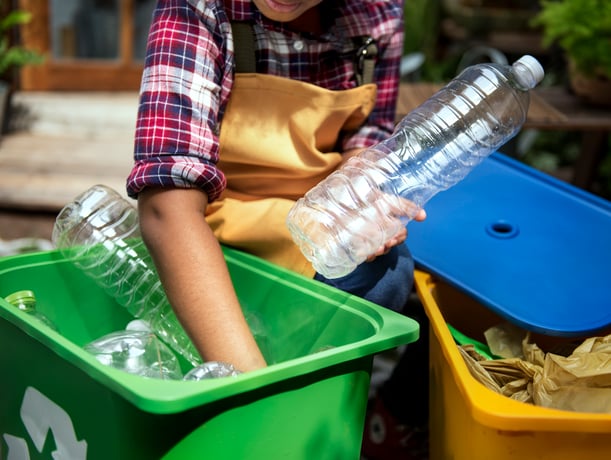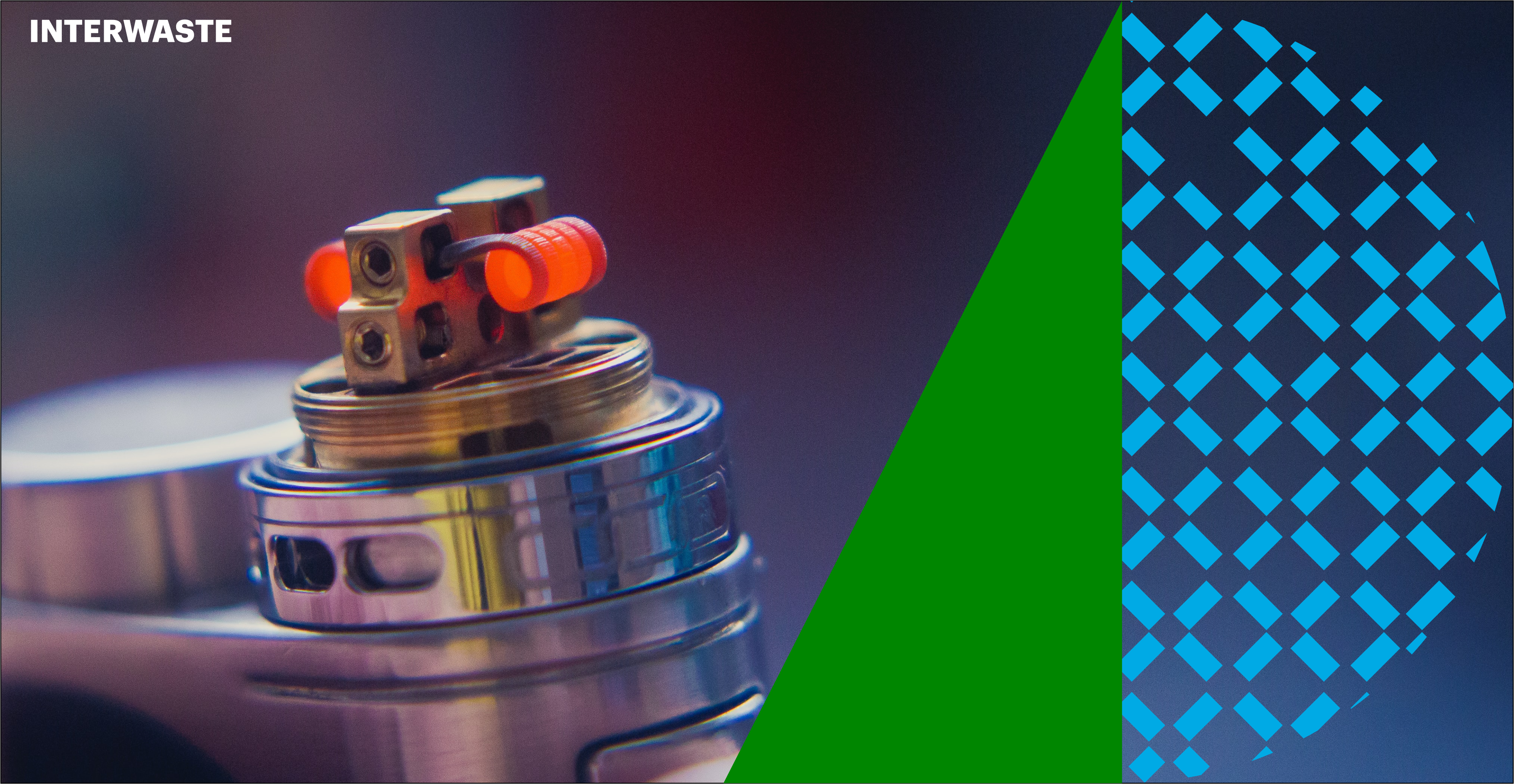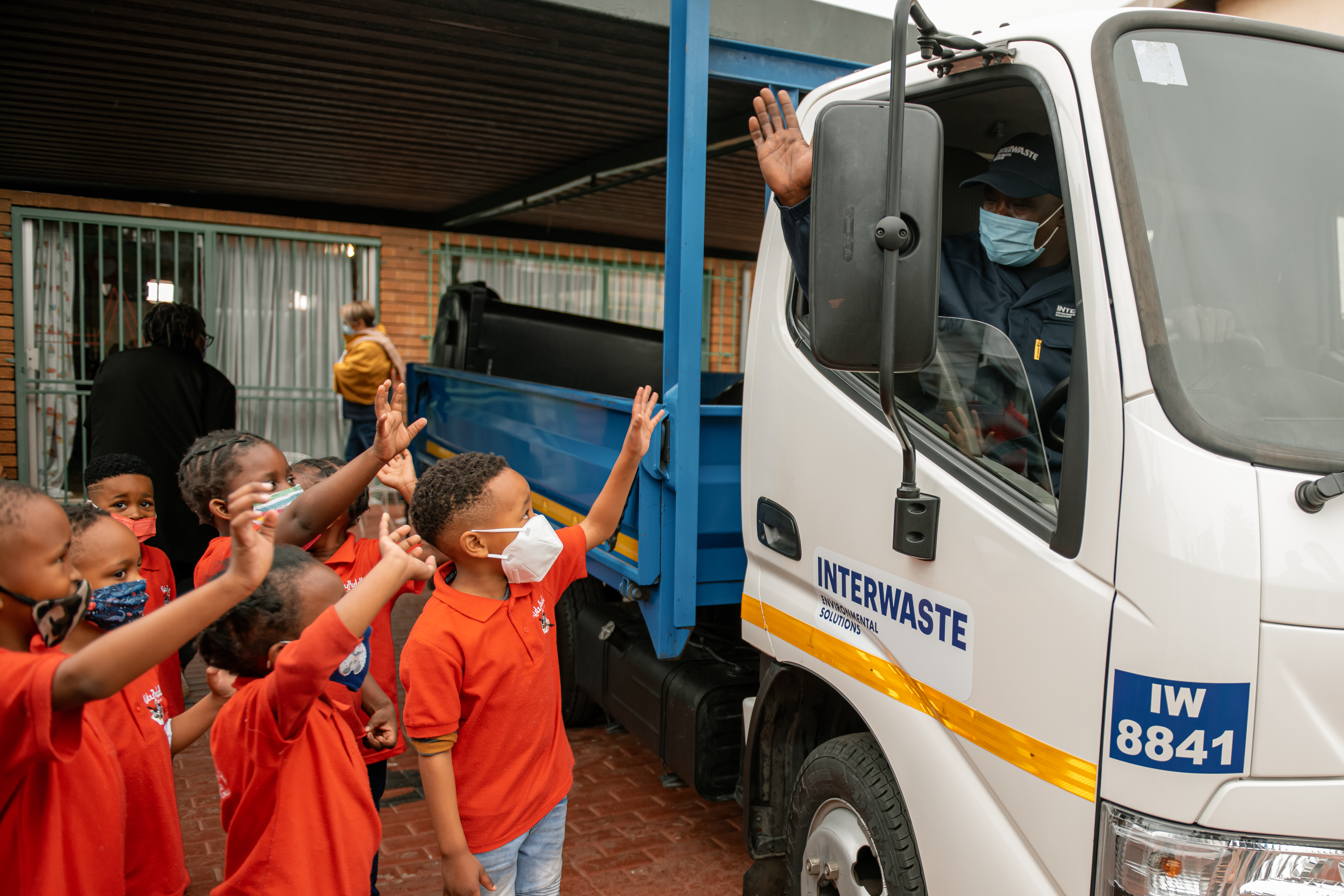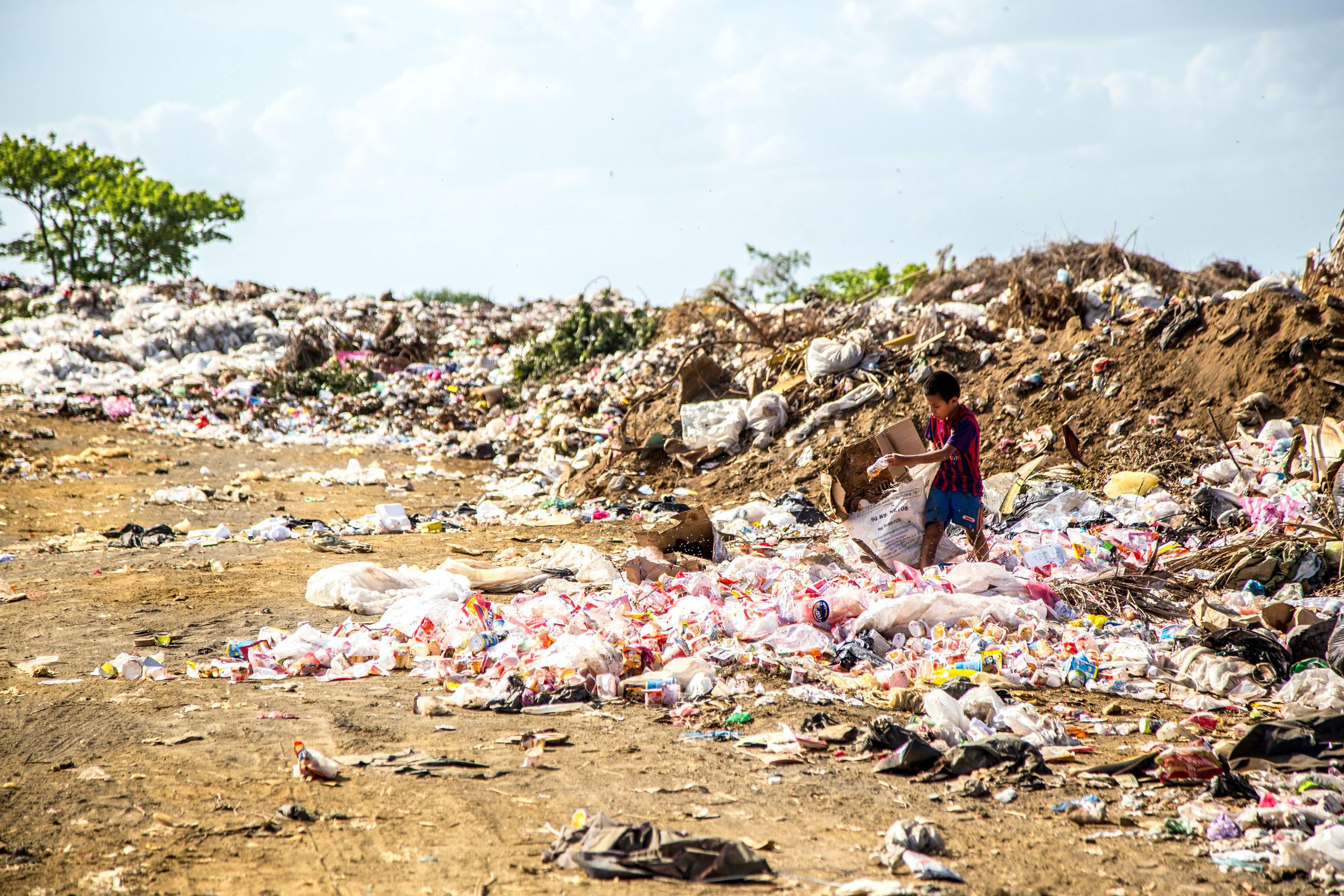
As published in Resource Magazine on 01 February 2021.
South Africa alone generates 108 million tonnes of waste per annum, equating to about R25.2 billion worth of waste dumped, of which 90% is disposed to over-capacitated landfill sites with only 10% of this waste being recycled. These are resources that could have been fed back into the economy by means of recycling, repurposing, and reusing.
According to recent reports, it is estimated that around R17 billion of resources is disposed of to landfill annually. These statistics indicate that we have a potential waste crisis on our hands and one that demands urgent attention. The great news is that South Africa has a real opportunity to increase its recycling scope. The big question is – do we have what it takes to manage waste resources effectively and what needs to be done to ensure that we don’t run into a waste crisis?
The zero waste to landfill goal by 2030 is an ambitious one, to divert 90% of waste from landfills using a ‘whole system’ through recycling, reuse, recovery, beneficiation technologies, and towards value-adding opportunities which have the potential to create numerous environmental, social, and economic benefits for South Africa. If a zero-waste sustainable country is to be achieved, then waste management can no longer be looked at with a linear view going forward.
The introduction of the Circular Economy Model
The ‘Circular Economy’ model is a relatively new concept; however, as a reformative system, it offers significant opportunities to deliver on more inclusive economic growth, which includes job opportunities and positive environmental practices that are direly needed for sustainability.
Waste is a universal issue as it presents much broader challenges that not only affect human health and livelihood but also the environment and ultimately the economy.
And so, with over 90% of waste being discarded or burned especially in low-income countries – where many valuable resources are lost. It becomes crucial for the industry to look at exploring innovative and sustainable solutions, where rapid growth and resilience are at the forefront of its decisions. Therefore, promoting ‘circular economy’ thinking – which aims to challenge the status quo and encourage a mindset change around waste and waste management, is key in encouraging the ‘Nothing wasted’ mindset.
The consumer and corporate consciousness
As more consumers begin to adopt the nothing wasted mindset and be concerned about product sustainability, and as many businesses are now pushing the waste industry to innovate and effectively repurpose waste – not merely into something that is useful, but which also enables cost-saving opportunities for those organisations – we are seeing a strong drive of this reformative, restorative, and regenerative system.
Aiming to strip out all unnecessary waste materials, energy losses and related carbon emissions across supply chains and – through integration and innovation – promote closing gaps to allow materials, energy, and resources to be ‘fed’ back into the cycle should be a critical priority for all waste management stakeholders. The consensus is that a more sustainable eco-cycle will be achieved through long-term design and planning, maintenance, repair, reuse, remanufacturing, refurbishing, recycling, and upcycling.
Government directive
The South African government continues to make commitments to redirect waste from landfills and in support of this, new laws have been legislated and regulations are being rolled out - all aimed at cleaning-up South Africa and reducing the negative environmental as well as health impacts caused by waste. For example, the New Extended Producer Responsibility (EPR) is being implemented, where producers of particular products that ultimately produce waste are required to take responsibility for these products following the sale thereof.
This ensures that from production stage the producer is already implementing strategies to ensure their products can be re-used or recycled wherever possible and those input materials used are sourced sustainable and waste is minimised throughout the value chain. This completely eliminates the ‘throw-away’ culture which is still prominent in the country and promotes resilience and long-term sustainability for the local waste sector – encouraging global standards and tackling them with a long-term view - one that will take South Africa into a green and profitable future.
The industry needs to shift the focus completely from landfilling and create facilities that can deal with the valuable waste in a more efficient manner - this innovative thinking is what will lead the waste management sector into promoting a ‘circular economy’ thinking. Building on the philosophy of reuse wherever possible. And, where reuse may not be possible, to adopt a more environmentally friendly approach to recycling and/or appropriate waste disposal. However, we need to instill a complete culture change and shift markets towards ‘giving back to the system’ in how we approach and treat resources versus waste, so as to avoid potential crisis and ensure we build towards a resilient and sustainable future.




SUBMIT YOUR COMMENT